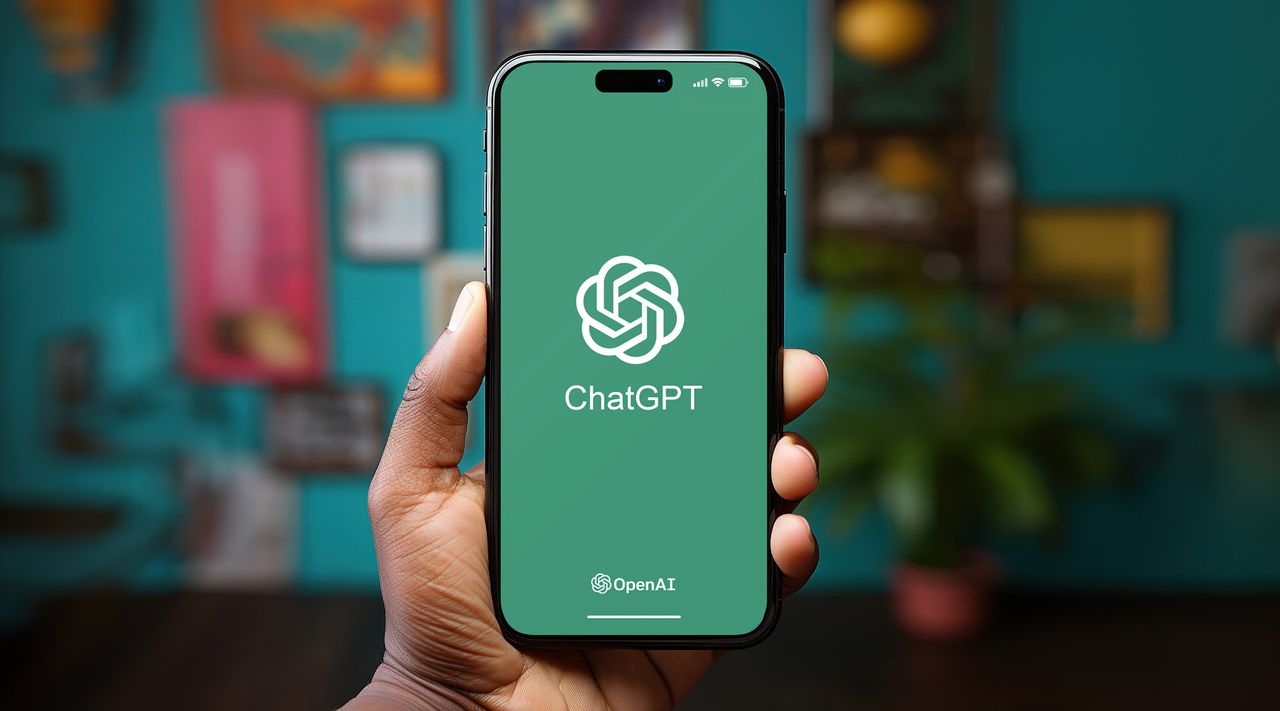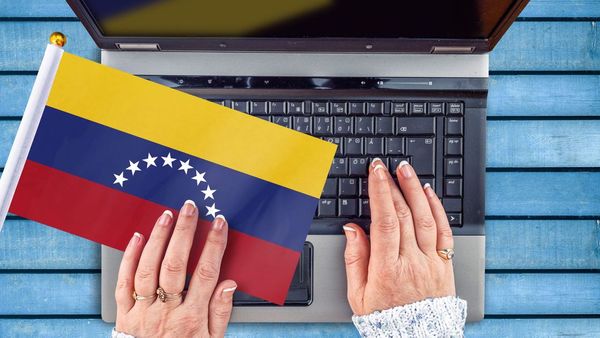
As a power user, I’ve shared a lot with ChatGPT. I’ve said too much and even regret jumping on some viral trends. Yes, I even used the chatbot as a therapist in a pinch. OpenAI’s Sam Altman has warned about AI privacy, proving that I’m not alone in not just oversharing, but over trusting.
But as ChatGPT evolves, so have I. Between memory features, temporary chats, and Agent tools that now handle multi-step tasks, OpenAI’s chatbot is growing into so much more.
Each day it’s proving to be a better assistant, which at times means I also use it as a sounding board. Now, the question isn’t just what not to share, but what’s safe (and smart) to share if you want the best results.
In light of the recent discovery of ChatGPT chats showing up in Google Search, here’s what I feel comfortable telling ChatGPT these days, and what I still absolutely keep to myself.
What I do tell ChatGPT now
1. My preferences and habits

As a power user, ChatGPT knows me pretty well. From how I want it to respond (it doesn't sugar coat things anymore) to how involved I want it to get when I ask for step-by-step instructions, I have trained it well.
Thanks to the memory feature, it's all a breeze and I don't have to repeat myself every time. These details help it deliver faster, better answers.
If you want ChatGPT to do the same for you, you can keep track of what the chatbot sees or edit and delete anything ChatGPT remebers by going to Settings > Personalization > Memory.
2. My schedule and to-dos (temporarily)

When I need help organizing my day or making a checklist, I use ChatGPT’s Temporary Chat feature. I find it to be extremely helpful with productivity because I often give the chatbot items that I specifically do not want it to remember.
By utilizing this feature, it doesn’t save anything after the session ends, so I can freely share my deadlines, plans or even travel itineraries without worrying about long-term storage..
My mood

It sounds strange, but telling ChatGPT how I’m feeling can actually change the experience. If I say “I’m tired and need a fast dinner idea,” or “I’m anxious about a presentation to the PTA— help me practice,” it tailors responses accordingly.
Tone-awareness is improving, and I find it worth using.
What I still won’t tell ChatGPT
Details of my projects

It's tempting to share context about books I'm working on or blogs for substack, but I hold back because this information still feels very private.
Even though I'm not uploading sensitive files or private personal data, I'd rather my creative ideas not fall into the wrong hands.
Besides, ChatGPT is a helpful brainstorming tool, but it lacks creativity in places where I'd rather reach out to a human friend.
I’ll share context about an article I’m writing or a meeting I’m prepping for — including key talking points or notes. As long as I’m not uploading sensitive files or private company data, it’s a helpful brainstorming tool.
Personal identifiers or financial info

This is an absolute no brainer even with new safety guardrails in place. I never enter my address, social security number, payment info or full legal name.
When using ChatGPT for budgeting, I will upload a receipt or bank statement with all personal information blacked out.
I also don't use the chatbot for form letters or anything of the sort. There’s still a major risk of data retention or unintended sharing via logs or plugins.
Health or legal related information

I'm certainly guilty of using ChatGPT as the new WebMD or Google, but the chatbot will never replace my real doctor. I don't share any kind of medical symptoms or anything I wouldn't feel comfortable asking in a public forum.
I also wouldn't ask ChatGPT for legal help or advice with my taxes. The chatbot is great for general explanations, but anything more such as a medical diagnosis or legal defense just isn't wise.
The takeaway
ChatGPT is constantly evolving, which means it is becoming more useful and more personal.
As the digital assistant develops further with memory, voice and task automation, it's extremely important for users to stay guarded.
I’ve learned that what you tell ChatGPT shapes what you get out of it, but some levels of sharing require staying safe and smart.
Follow Tom's Guide on Google News to get our up-to-date news, how-tos, and reviews in your feeds. Make sure to click the Follow button.







